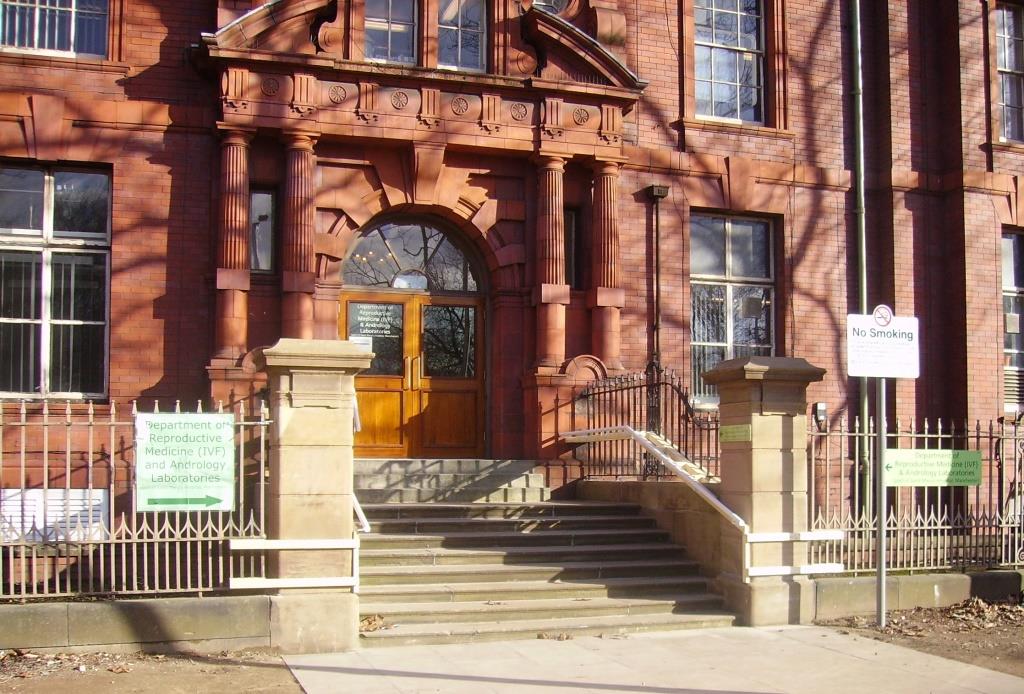What happens to frozen embryos, eggs, and sperm stored at Saint Mary’s?
If your treatment requires the use of frozen embryos, eggs or sperm, these will be safely transferred to the Hewitt Centre using validated cryogenic transport systems by specialist couriers.
Is moving embryos safe?
Yes. We understand that transporting embryos, eggs, or sperm between clinics may feel unsettling, but please be reassured that this process is managed with exceptional care and precision. Specialist medical couriers, trained in handling reproductive materials, are responsible for the transfer using rigorously validated cryogenic storage systems. These containers are engineered to maintain stable temperatures throughout the journey, with continuous monitoring to safeguard sample integrity. Our embryology team supervises the entire process to ensure your samples are treated with the same meticulous standards as they would be within our own facility. Every step follows strict protocols to guarantee the safety, viability, and confidentiality.
Do I need to give consent for the transfer?
Yes, your written consent is required before any embryos, eggs, or sperm can be transferred to the Hewitt Fertility Centre. This is an important part of ensuring your wishes are respected and that all procedures are carried out in line with legal and regulatory standards. You will be provided with clear, detailed information about the transfer process, including how your samples will be handled, stored, and returned to Saint Mary’s once repairs are complete. Our team will guide you through the consent forms and answer any questions you may have, so you feel fully informed and confident in your decision. This process is designed to protect your safety, privacy, and the integrity of your treatment at every stage.
Will all stored embryos be moved?
No. Only those needed for treatment during the relocation will be transferred. All other samples will remain securely stored at Saint Mary’s.
What happens to embryos frozen during this period?
Any embryos frozen during treatment at the Hewitt Centre will be securely returned to Saint Mary’s once repairs are complete.
Does this plan have Clinical & Regulatory Assurance?
The Human Fertilisation and Embryology Authority (HFEA) has been fully informed of the temporary satellite arrangements and the essential building repairs taking place at our main clinic. They have reviewed the plans and are supportive of both the relocation and the measures being taken to ensure patient safety and continuity of care. The Hewitt Fertility Centres meets all regulatory standards, and the HFEA is satisfied that your treatment will continue to be delivered in line with national guidelines throughout this period.
Is the partner clinic licensed by the HFEA?
Yes. The Hewitt Fertility Centre is fully licenced and has been formally assessed for suitability.
Will my medical records be transferred?
Yes. Your clinical records will be sent via encrypted e-mail and will be securely accessible at the satellite site to ensure safe and consistent care. Data governance compliance will be maintained at all times.
Is my data confidential?
Yes. All patient data will be handled in accordance with GDPR, NHS, and HFEA regulations.
 In this section
In this section

